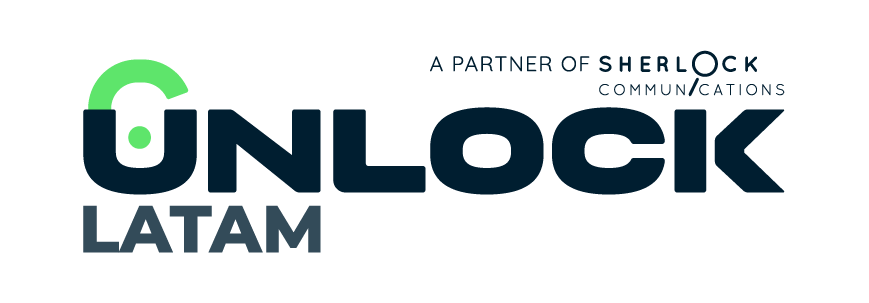How Regulation Affects the SaaS Business Model
The software-as-a-service industry has transformed how businesses operate globally. However, as SaaS companies scale across borders, regulatory complexity becomes a critical factor that can make or break expansion strategies. Understanding how SaaS business model regulation impacts operations is essential for sustainable growth, particularly when entering dynamic markets like Latin America.
These regulations aren’t just legal hurdles. They represent fundamental shifts in how businesses handle customer data and build trust across international markets.
Key Regulatory Frameworks Affecting SaaS Business Models
SaaS business model regulation encompasses a wide range of compliance requirements that affect how cloud-based software companies operate. These regulations span data protection, financial reporting, cybersecurity, and market access requirements.
Unlike traditional software licensing, SaaS companies face unique regulatory challenges. The subscription-based nature of the model creates ongoing compliance obligations rather than one-time requirements.
Regulatory frameworks continue evolving as governments adapt to digital transformation. This creates a dynamic environment where SaaS companies must remain agile and informed about changing requirements.
Data Privacy Laws Reshaping SaaS Operations

Data privacy regulations represent the most significant regulatory impact on SaaS business models. GDPR in Europe, LGPD in Brazil, and similar frameworks worldwide require explicit consent mechanisms, data portability features, and deletion rights that force SaaS platforms to redesign their architecture.
SaaS business model regulation in data privacy also affects cross-border data transfers, requiring companies to restructure global data flows. Non-compliance carries substantial financial risks, with fines reaching 4% of global annual revenue, making regulatory adherence a business-critical priority.
Financial Compliance Requirements for SaaS Companies
Revenue recognition standards like ASC 606 and IFRS 15 specifically impact SaaS companies due to their subscription-based billing models. These standards require sophisticated financial systems to handle multi-element arrangements, variable pricing structures, and upgrade scenarios while tracking performance obligations across contract terms.
Tax compliance adds another layer of complexity for international SaaS operations. Companies must navigate varying VAT requirements, digital service taxes, and nexus rules across jurisdictions, creating substantial administrative and compliance burdens.
SaaS Business Model Regulation in Latin America
Latin America presents unique regulatory challenges for SaaS expansion. Each country maintains distinct requirements for data localization, tax reporting, and business registration.
Brazil’s LGPD mirrors GDPR in many aspects but includes specific requirements for international data transfers. Mexican regulations focus heavily on cybersecurity frameworks for companies handling sensitive data.
Colombian authorities emphasize consumer protection laws that affect SaaS pricing transparency and contract terms. Understanding these nuances is crucial for successful market entry.
Technology Infrastructure and Security Standards
Cloud computing regulations directly impact the SaaS business model architecture. Many countries require specific security certifications, data encryption standards, and incident response protocols.
ISO 27001, SOC 2, and local security frameworks become mandatory rather than optional for SaaS companies operating in regulated industries. These certifications require ongoing audits and compliance monitoring.
Data residency requirements force SaaS companies to establish local infrastructure or partner with regional cloud providers. This significantly impacts operational costs and technical architecture decisions.
Market Access and Competition Regulations
Antitrust regulations increasingly scrutinize SaaS platforms, particularly those with significant market share. Platform companies face restrictions on bundling services, data usage, and acquisition activities.
Professional licensing requirements affect SaaS companies serving regulated industries like healthcare, finance, and legal services. These requirements often necessitate local partnerships or subsidiary establishment.
Industry-specific regulations create additional compliance layers. Financial services SaaS companies must meet banking regulations, while healthcare SaaS providers must comply with patient privacy laws.
Navigate SaaS Compliance with Expert Guidance
Expanding your SaaS company into Latin American markets requires deep understanding of regional SaaS business model regulation. Unlock Latam specializes in helping international companies navigate these complexities with strategic guidance on compliance frameworks and market entry strategies.
Ready to unlock your SaaS company’s potential in Latin America? Contact our services team today to discuss your regulatory compliance strategy and accelerate your LATAM growth journey.
Looking for more guidance? You might find these resources helpful in planning your next steps:

Your Trusted Partner in LATAM Expansion
From market research to legal compliance, we guide your business every step of the way.
